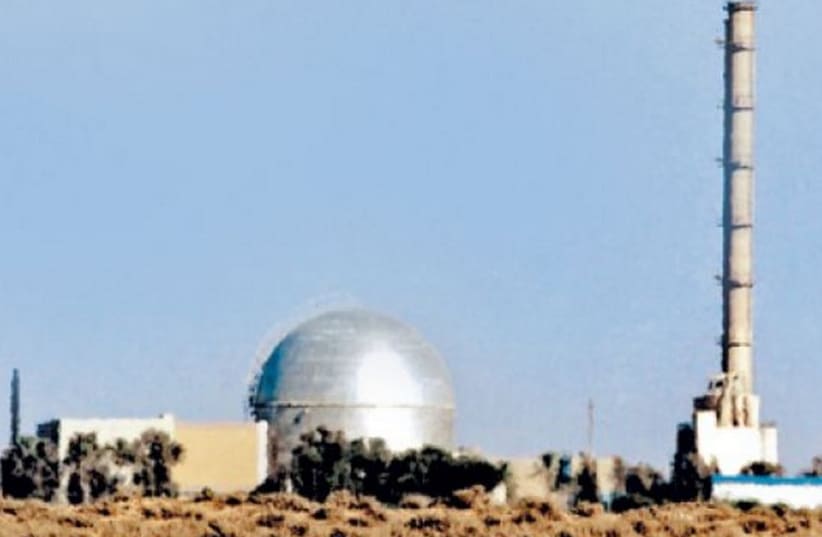After 53 years, MKs call for emergency meeting to discuss upgrading Dimona nuclear reactor
Built in 1963 using technology acquired from France, the lifetime of the reactor – officially known as the Nuclear Research Center–Negev – is 40 years, according the manufacturer’s specifications.
